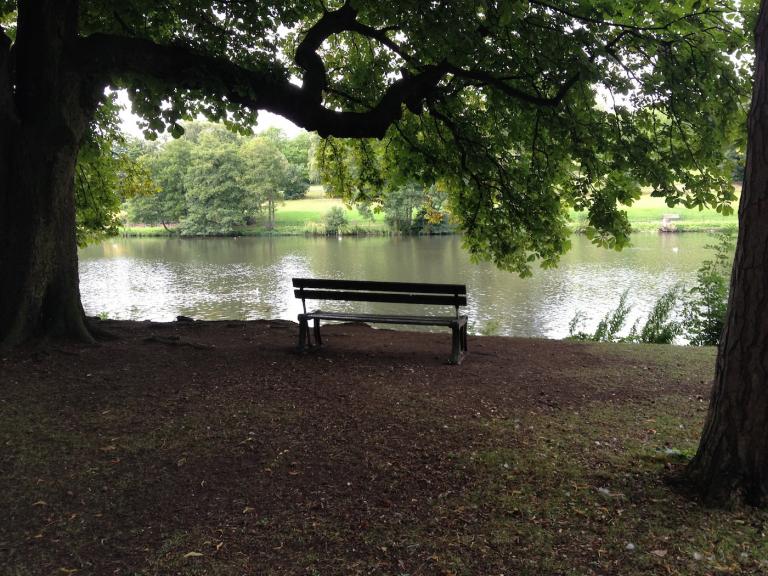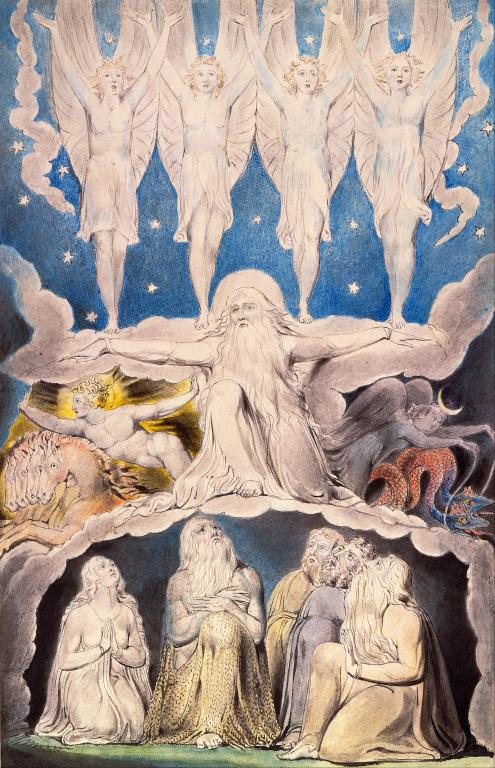David Russell Mosley
Ordinary Time
6 October 2015
The Edge of Elfland
Hudson, New Hampshire
Dear Friends and Family,
I’ve just finished, last night, the second of Jane Austen’s six novels in my annual re-read of them (if you can’t tell, I re-read a lot of books each year). This year I’ve decided to go with publication order so I began with Sense and Sensibility, just finished Pride and Prejudice, and have Mansfield Park, Emma, Northanger Abbey, and Persuasion left. This is not, for those who don’t know, exactly the order in which the books were written. In fact, along with some unfinished works, Northanger Abbey was the third book Austen wrote, but it was not published until after her death. But there is something I’ve noticed as I’ve begun this annual re-read that I thought I would share with you all at the beginning and revisit when once I’m done.
With the exception of Persuasion, which I’ll get to in a moment, the books in publication order show clergyman in the Church of England in good and bad light. This is what I mean. In Sense and Sensibility we have Edward Ferrars, firstborn son in the Ferrars family, though second born overall, who desires to enter the priesthood in the Church of England. Edward is a good man, though with some faults that ostensibly arise from his good character traits being taken advantage of by a less than good woman. Then, in Pride and Prejudice, we get the simultaneously self-important and self-effacing Mr Collins, a ridiculous clergyman with a rich patroness. In Mansfield Park we are given Edmund Bertram, a second born son desirous of entering the church, like his similarly named counterpart in S&S, but not being hindered by his family. Edmund, not unlike Edward, is a good decent man who is parish minded and desires others to lead a good, Christian life and is caught by the attentions of woman who is not so interested in this kind of life (far less so than Lucy Steele). In Emma, however, we meet Mr Elton whose primary desire as a bachelor vicar is to net himself a wealthy wife. Northanger Abbey gives us Henry Tilney, only the second, thus far, actively practicing priest when we meet him (Mr Collins being the other). He like the others is a good and moral man. Persuasion is where the deviation lies for the clergyman there plays neither quite so big a role as the others, never being even a potential love interest for the heroine, but yet is a good vicar, nor is he a ridiculous one like the others before him.
The back and forth nature of Austen’s depictions of clergy is less important, since it works even less well when examined in the order in which she wrote the books, than the fact that Austen, whose own father was a clergyman, seems to be able to see both the good and, if not the bad, then at least the absurd in the Church. I’m sure much more could be made of this and am equally sure others have noticed this before me. Still, I am now looking forward to continuing my read of Austen’s novels to see how she conceives of the Church, both in its universal sense and in its local sense.
Until then I remain,
Sincerely yours,
David












